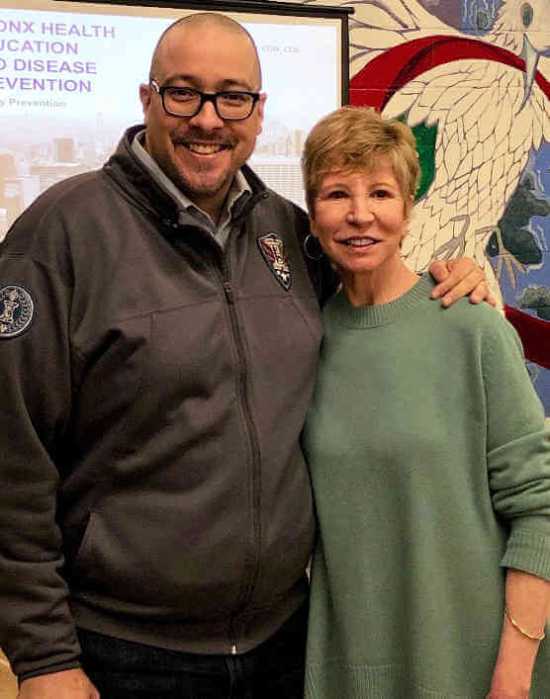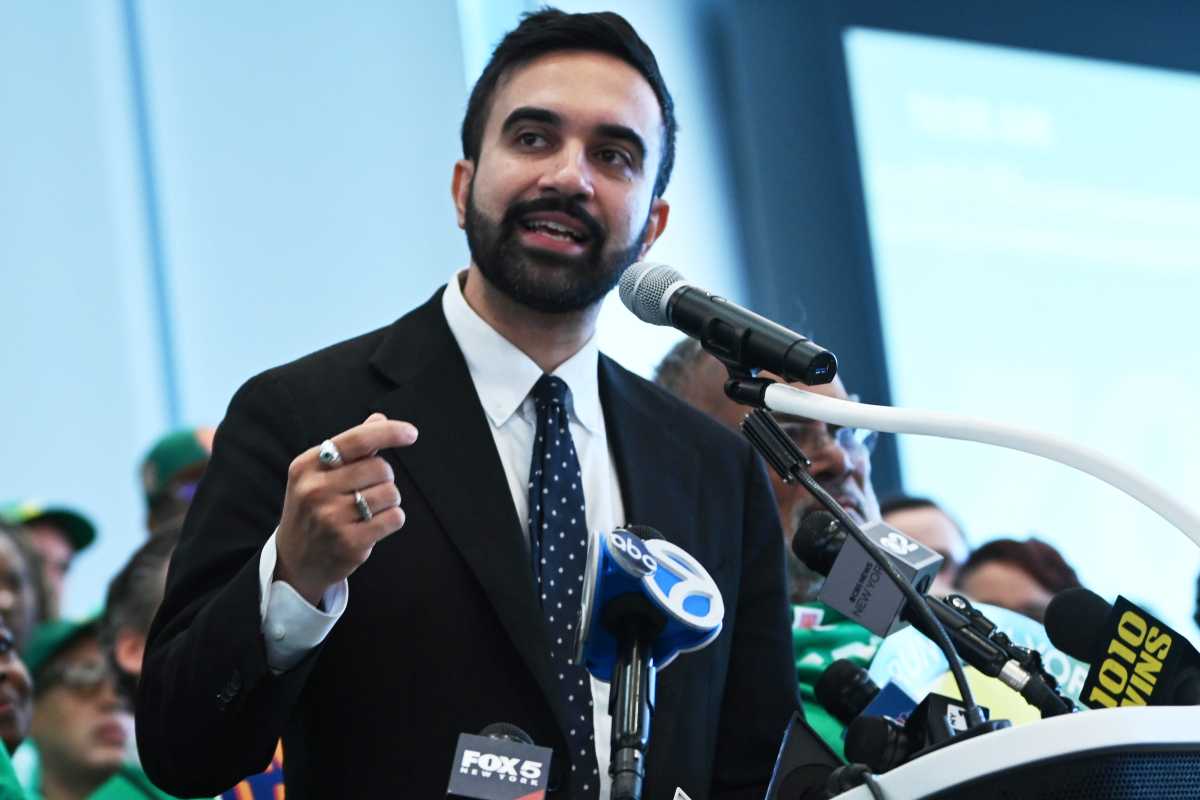As a lifelong resident of the South Bronx, I began my career working as an administrative assistant for a health care services provider and later went on to organize surrounding health care issues in both the Bronx and Brooklyn. Eliminating health disparities and improving the health outcomes of neglected populations is a difficult task, but it is one that can be won. My experience in the Bronx, as well as the outreach programs developed, have shown that community-level interventions, as well as policy and system change, can enhance health outcomes in communities nationwide.
As the council member in the poorest urban congressional district in the country, the expansion of quality health care and policies associated with access for low-income and working families is paramount to the work we do. As such, it pains me that more than 25% of adults in New York state have obesity. We know that obesity is a significant risk factor for many chronic diseases and conditions including type 2 diabetes, asthma, high blood pressure, high cholesterol, stroke and heart disease. In the Bronx, the obesity prevalence is approximately 30%, ranking it the highest out of the five boroughs that make up New York City, which means it is vital to tackle the root causes of obesity in socioeconomically disadvantages areas.
Almost 25 years ago, the Centers for Disease Control and Prevention (CDC) declared obesity as an epidemic. Since then, this disease continues to worsen with thousands of American communities – particularly those of color – being decimated by it. Instead of addressing this disease head on, our leaders in Washington continue to look the other way and treat obesity as a personal choice as opposed to a national health crisis.
We cannot afford to avoid addressing the issue of obesity any longer. A study released by the National Institute on Aging in 2022 shows that obesity rates among adults over 65 have doubled since the 1990s, and it is the second leading cause of preventable death in our country with the annual number estimated to be as high as 400,000.
Obesity doesn’t only impact our overall public health, the consequence of ignoring this epidemic is growing more expensive every day. One study estimated that the total obesity-related government expenditures, including Medicaid and Medicare spending, are almost $92 billion per year – approximately 30% of Medicare spending. Overall, obesity and overweight related costs account for $1.72 trillion, which is 9.3% of the U.S. gross domestic product.
One of the primary reasons we continue to face this ongoing crisis is because Americans living with obesity don’t have access to the proper treatments, care and support needed to fight the disease. Even though the CDC and American Medical Association recognize obesity as a disease, too often society treats obesity as a personal choice and not a treatable medical condition. The stigma surrounding obesity leaves individuals to fight for themselves. To address this issue, we need to enact regulations that ensures patients have access to the treatments and resources they need including anti-obesity medications.
By treating obesity, we can lower the rate of associated diseases and lower health care costs. A new study from the University of California Schaeffer Center for Health Policy & Economics found that Medicare coverage of anti-obesity medications (AOMs) would generate about $175 billion in Medicare cost offsets in the first 10 years of coverage. After 30 years of coverage, the offsets would increase to $700 billion. Combining the individual impact of AOM coverage with the potential savings to our health care system, we can no longer afford to wait.
Leaders in Washington have been working on expanding access to these and other treatments for years. The time is now. We have ignored the obesity epidemic for far too long and we are now at a turning point. We must use this moment to reinvest in health care for our communities. We need our congressional leaders to work with the administration on Medicare coverage policy updates that will help the millions of Americans who need access to lifesaving care by making these medications available through Medicare Part D.
Rafael Salamanca Jr. is the District 17 council member representing the South Bronx.
For more coverage, follow us on Twitter, Facebook and Instagram @bronxtimes




















